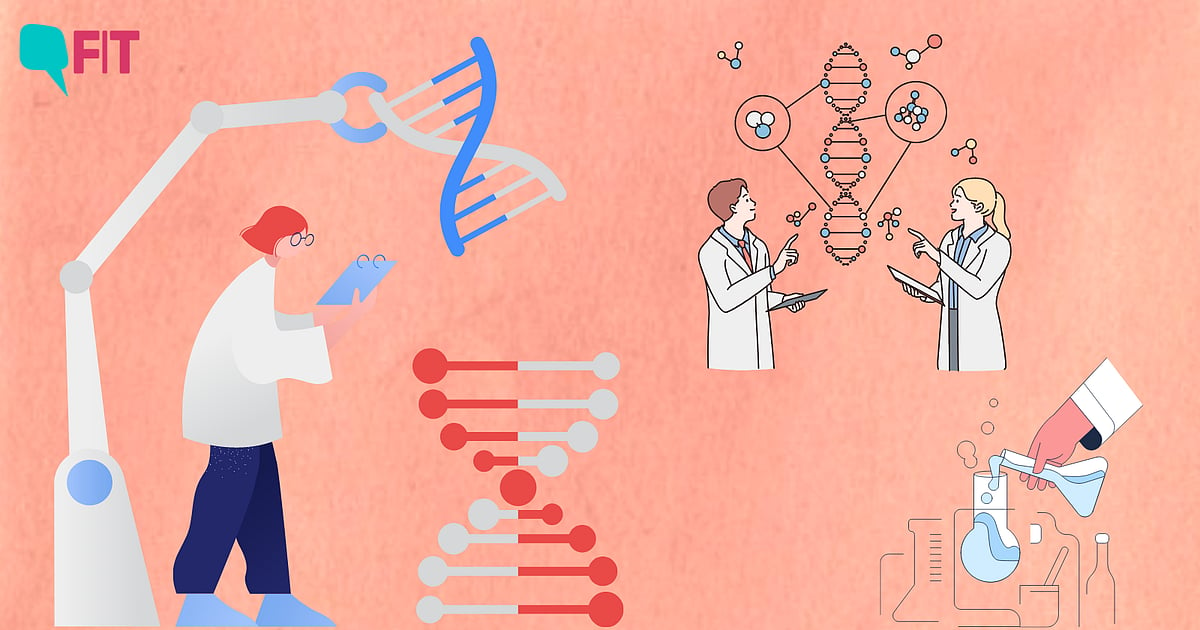Ever wonder what secrets lie dormant within your very DNA? Genetic testing, once relegated to the realm of science fiction, is now a tangible tool, offering insights into predispositions, ancestral origins, and even potential responses to pharmaceutical interventions. But what can it *really* tell you, and more importantly, what are its limitations? Navigating this landscape requires a critical lens, distinguishing actionable intelligence from probabilistic musings.
1. Unveiling Ancestral Lineage: A Journey Through Your Genetic Past
One of the most popular applications of genetic testing lies in tracing ancestral origins. Companies analyze specific DNA markers, comparing them to vast databases of genetic information from populations across the globe. This can provide a breakdown of your ethnic heritage, revealing percentages of ancestry from various regions. However, it’s crucial to understand that these are estimations, not definitive pronouncements. The accuracy depends heavily on the size and diversity of the reference database, and the interpretations can be fluid as these databases expand. Moreover, ancestral “origins” are fluid and geographically shifting concepts throughout history, thus the information derived serves as a mere approximation.
2. Predisposition to Inherited Diseases: Forewarned is Forearmed?
Perhaps the most clinically relevant application is the assessment of genetic predisposition to inherited diseases. These tests can identify specific gene mutations associated with conditions like cystic fibrosis, sickle cell anemia, and Huntington’s disease. Knowing your risk can empower you to make informed decisions about preventative measures, lifestyle modifications, and reproductive planning. It is important to note genetic predisposition is not a guarantee of disease manifestation. Epigenetic factors, environmental influences, and lifestyle choices all play significant roles in disease development. A positive test result can be a call to action, prompting proactive healthcare, but it should not be mistaken for a definitive diagnosis.
3. Pharmacogenomics: Tailoring Treatment to Your Genetic Makeup
Pharmacogenomics explores how your genes influence your response to medications. Certain genetic variations can affect how quickly your body metabolizes drugs, influencing their efficacy and potential side effects. Pharmacogenomic testing can help physicians personalize treatment plans, selecting the most appropriate medication and dosage based on your individual genetic profile. This field holds immense promise for optimizing therapeutic outcomes and minimizing adverse drug reactions. For example, variations in the CYP2C19 gene can significantly impact how individuals respond to the antiplatelet drug clopidogrel. Identifying these variations can guide the selection of alternative therapies or adjusted dosages to ensure effective clot prevention. The challenge lies in interpreting the complex interplay of multiple genes and other factors that contribute to drug response.
4. Carrier Screening: Assessing Reproductive Risks
Carrier screening is designed to identify individuals who carry a single copy of a gene mutation for a recessive genetic disorder. Carriers typically do not exhibit symptoms of the disease themselves, but they can pass the mutation on to their children. If both parents are carriers for the same condition, there is a 25% chance that their child will inherit both copies of the mutated gene and develop the disease. Carrier screening is particularly relevant for individuals planning a family, allowing them to make informed decisions about reproductive options such as in vitro fertilization with preimplantation genetic diagnosis (PGD) or adoption. Expanded carrier screening, which tests for a panel of hundreds of different genetic disorders, is becoming increasingly common. However, the interpretation of results requires careful consideration, as the detection of a rare mutation may have limited clinical significance.
5. Unraveling the Mysteries of Complex Diseases
While genetic testing can identify specific gene mutations associated with single-gene disorders, the genetic architecture of complex diseases like heart disease, diabetes, and cancer is far more intricate. These conditions are influenced by a combination of multiple genes, environmental factors, and lifestyle choices. Genetic testing for complex diseases typically involves assessing an individual’s polygenic risk score (PRS), which estimates their overall genetic risk based on the cumulative effect of many common genetic variants. However, PRS scores are still in their nascent stages of development and have limitations. They may not accurately predict risk across different populations, and their clinical utility is still being evaluated. It is important to remember that a high PRS score does not guarantee the development of a disease, and a low score does not eliminate the risk entirely.
6. The Ethical Considerations: Privacy, Discrimination, and Psychological Impact
The proliferation of genetic testing raises significant ethical considerations. Concerns about genetic privacy and the potential for genetic discrimination in employment or insurance are paramount. Safeguarding genetic information and enacting legislation to prevent its misuse are crucial. Moreover, the psychological impact of genetic testing results can be profound. Receiving news of a genetic predisposition to a serious disease can induce anxiety, depression, and feelings of uncertainty. Genetic counseling is essential to provide individuals with the support and guidance they need to navigate the emotional complexities of genetic testing.
7. The Limitations: Not a Crystal Ball
It is essential to approach genetic testing with realistic expectations. Genetic tests are not crystal balls that can predict the future with absolute certainty. They provide probabilities and estimates, not definitive answers. The interpretation of genetic testing results requires expertise and careful consideration of individual circumstances. Furthermore, the field of genetics is constantly evolving, and new discoveries are continually refining our understanding of the relationship between genes and disease. What is considered a significant genetic variant today may be reclassified or reinterpreted in the future.
In conclusion, genetic testing offers a powerful glimpse into our biological blueprint, providing valuable insights into ancestry, disease predisposition, and potential drug responses. However, it is crucial to approach this technology with a critical and informed perspective, recognizing its limitations and ethical implications. Armed with knowledge and guidance from qualified healthcare professionals, individuals can harness the power of genetic testing to make informed decisions about their health and well-being.










Leave a Comment